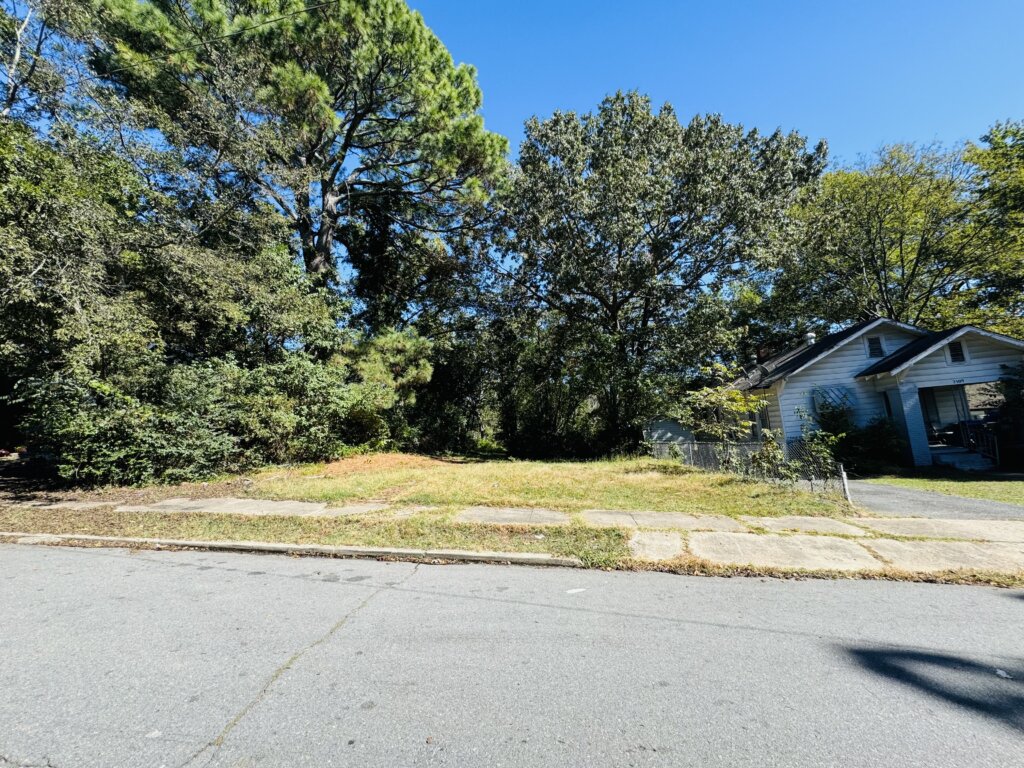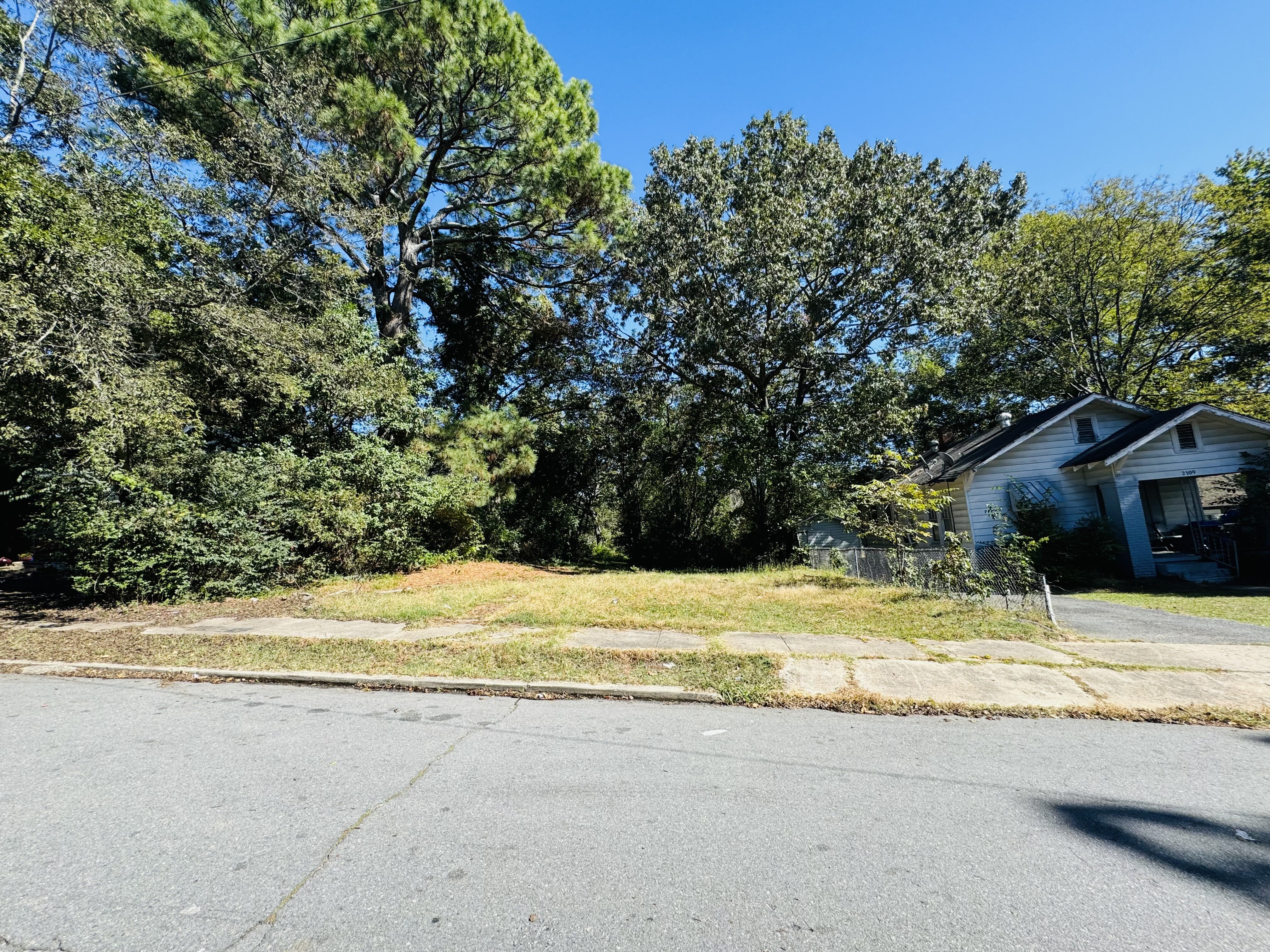Introduction
Before selling your land in Arkansas, it’s important to know whether there are deed restrictions — rules written into your property’s legal documents that control what you can (and can’t) do with the land.
These restrictions can affect everything from building a home to parking an RV, subdividing, or even removing trees. Many landowners discover them only after listing their property — which can delay or even derail a sale.
At Shamrock Lands (501-406-0051), we regularly review properties with deed restrictions across Arkansas counties, from Bella Vista to Pulaski County. Here’s how to find out if your land has restrictions and what to do if it does.
What Are Deed Restrictions?
Deed restrictions (also called covenants, conditions, or restrictions) are legal rules placed on a property by a developer, HOA, or previous owner. They’re written into the property deed or recorded in county land records.
They “run with the land,” meaning they remain in effect for all future owners — including you and whoever buys next.
Examples of common deed restrictions in Arkansas:
- Type or size of home that can be built
- Minimum square footage requirements
- Setback distances from the road or property line
- Limits on RVs, mobile homes, or livestock
- No commercial activity or short-term rentals
- Building design approval from an Architectural Control Committee (ACC)
Why Deed Restrictions Matter When Selling
If your property has restrictions, it can limit your pool of buyers.
For example:
- A developer might not buy if they can’t subdivide.
- A camper or RV owner might walk away if RVs aren’t allowed.
- A builder may pass if setbacks make the lot too small for their plans.
Even if you’re selling for cash, a buyer will want to confirm these restrictions during due diligence.
How to Find Out If Your Land Has Deed Restrictions
1. Review Your Recorded Deed
The most direct method is to check your warranty deed or quitclaim deed.
Look for phrases like:
- “Subject to covenants and restrictions of record”
- “Restrictions as recorded in Plat Book…”
If the deed references another document, that’s where the specific restrictions are listed.
You can get a copy of your deed from the county recorder or circuit clerk’s office, or online through:
2. Check the Subdivision Plat or POA Website
If your land is part of a subdivision — especially in areas like Bella Vista, Cherokee Village, or Hot Springs Village — the restrictions are typically recorded in a Covenants and Restrictions (CC&Rs) document.
You can find this:
- On the POA/ACC website
- Through the county’s land records search
- By calling the POA office directly
3. Contact the County Recorder or Assessor
If you can’t find your deed or CC&Rs online, call the county recorder.
Ask:
“Can you check if my parcel number (APN) has recorded covenants or deed restrictions?”
They can pull the record and tell you if restrictions exist and where they’re recorded.
4. Ask Your Title Company
If you’ve purchased or refinanced recently, your title insurance commitment lists all recorded restrictions.
Title companies can also run a title search before selling to identify any restrictive covenants that apply.
Can You Remove Deed Restrictions?
Removing or changing restrictions depends on who created them:
- If set by a POA/HOA: You’ll need written approval or a vote from the association.
- If recorded by a developer: It may require a formal amendment, which is rarely easy.
- If they’ve expired: Some covenants have expiration dates (e.g., 25 or 30 years). If expired, they may no longer apply.
In most cases, restrictions remain unless legally amended or invalidated.
Selling Land With Restrictions
Even if your property has restrictions, it’s still sellable — you just need to price it correctly and target the right buyer.
At Shamrock Lands, we often buy lots with restrictions and match them with builders who understand the rules.
We:
- Handle all title work and closing
- Cover all closing costs
- Provide a fast, cash-based closing process
- Work with POAs and ACCs to confirm buildability
Conclusion
Deed restrictions are common in Arkansas, especially in planned communities and subdivisions. Knowing about them early can save you time, frustration, and money when selling.
If you’re unsure whether your land has restrictions — or you’d like help confirming them — Shamrock Lands can help you look up your parcel, review recorded documents, and make a cash offer regardless of the restrictions.
📞 Call 501-406-0051
🌐 www.shamrocklands.com


